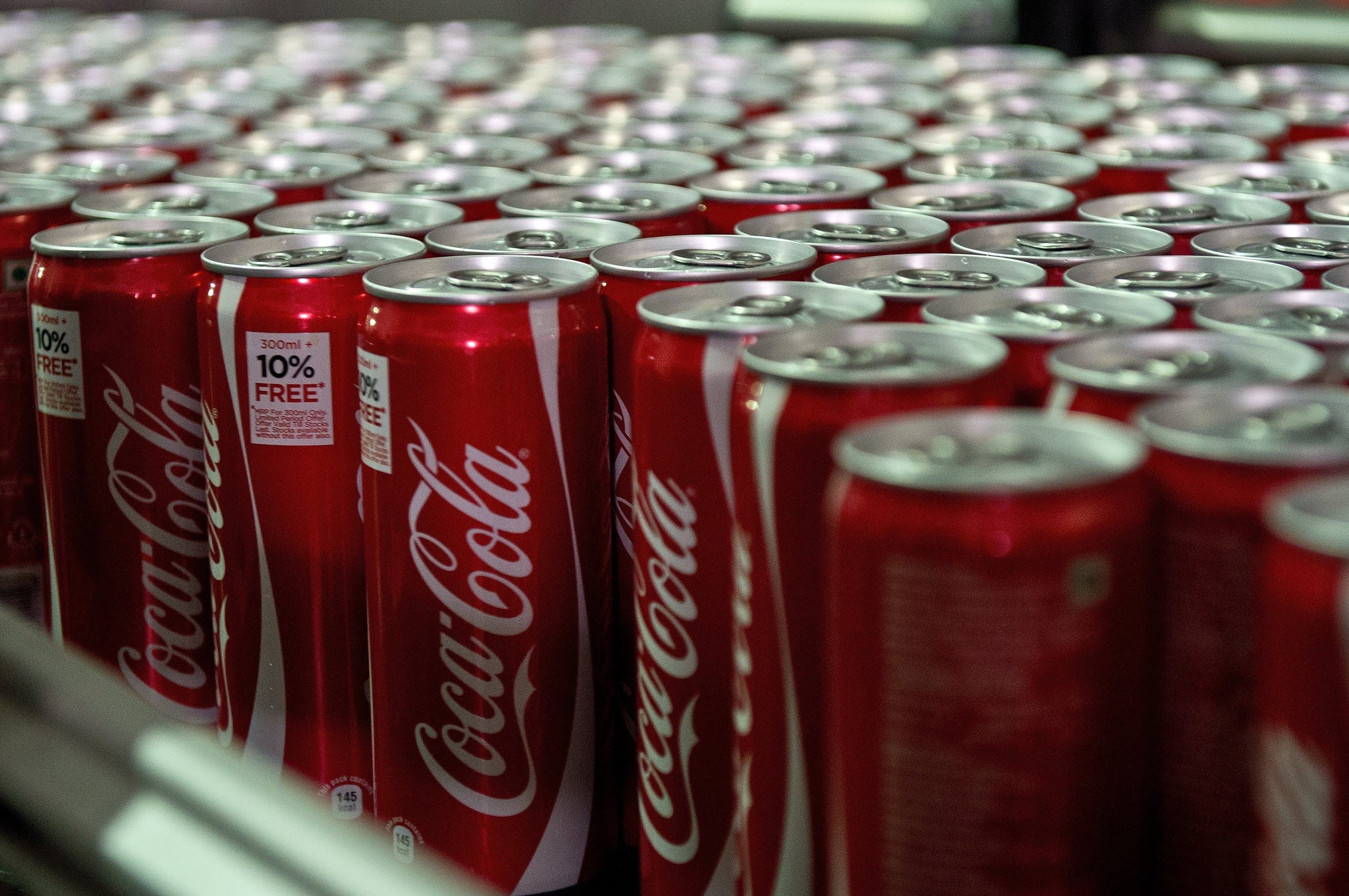![]()
A widely-reported study that claimed so-called “diet” fizzy drinks could help people lose weight can trace its funding to Coca-Cola and PepsiCo, it has emerged.
In September academics at Bristol University published a meta-study of research into the health effects of artificially sweetened drinks like Diet Coke and Diet Pepsi.
News organisations, including national newspapers, reported that the drinks “really can help with weight loss” and that they were healthier than water.
The press release of the study issued by Bristol University did not mention how it had been funded.
The Sunday Times however reports that the research was in fact part-funded by other organisations, including ILSI Europe, a research institute in turn funded by companies including McDonald’s, Coca Cola, PepsiCo and Mars.
The newspaper also reveals that the lead author of the study co-chairs that taskforce and was paid a €1,000 “honorarium” by that group.
Just three articles out of 5,500 analysed by the researchers were pointed to in order to justify the press-released claim that diet drinks could help with weight loss.
Of those articles cited, only one found a statistically significant effect on weight loss, the newspaper says, and that article was funded by US industry group The American Beverage Association.
The ABA includes dozens of Coca-Cola bottlers, Pepsi bottlers, and Dr Pepper bottlers, among other active member organisations.
Bristol University says the press release about the study, which was digital, did not mention the funding due to a lack of space. It says the study was robust and peer-reviewed.
Other studies have produced different results. 2014 research based on 11 years’ data from the US National Health and Nutrition Examination Survey by academics at Johns Hopkins University Bloomberg School of Public Health found that obese adults to who diet fizzy drinks tend to eat more calories worth of food.
Another, published in late 2015 by the Karolinska Institute in Sweden, found that two cans of artificially sweetened fizzy drink a day can increase the risk of heart failure.
More about:
Science funding
diet coke

